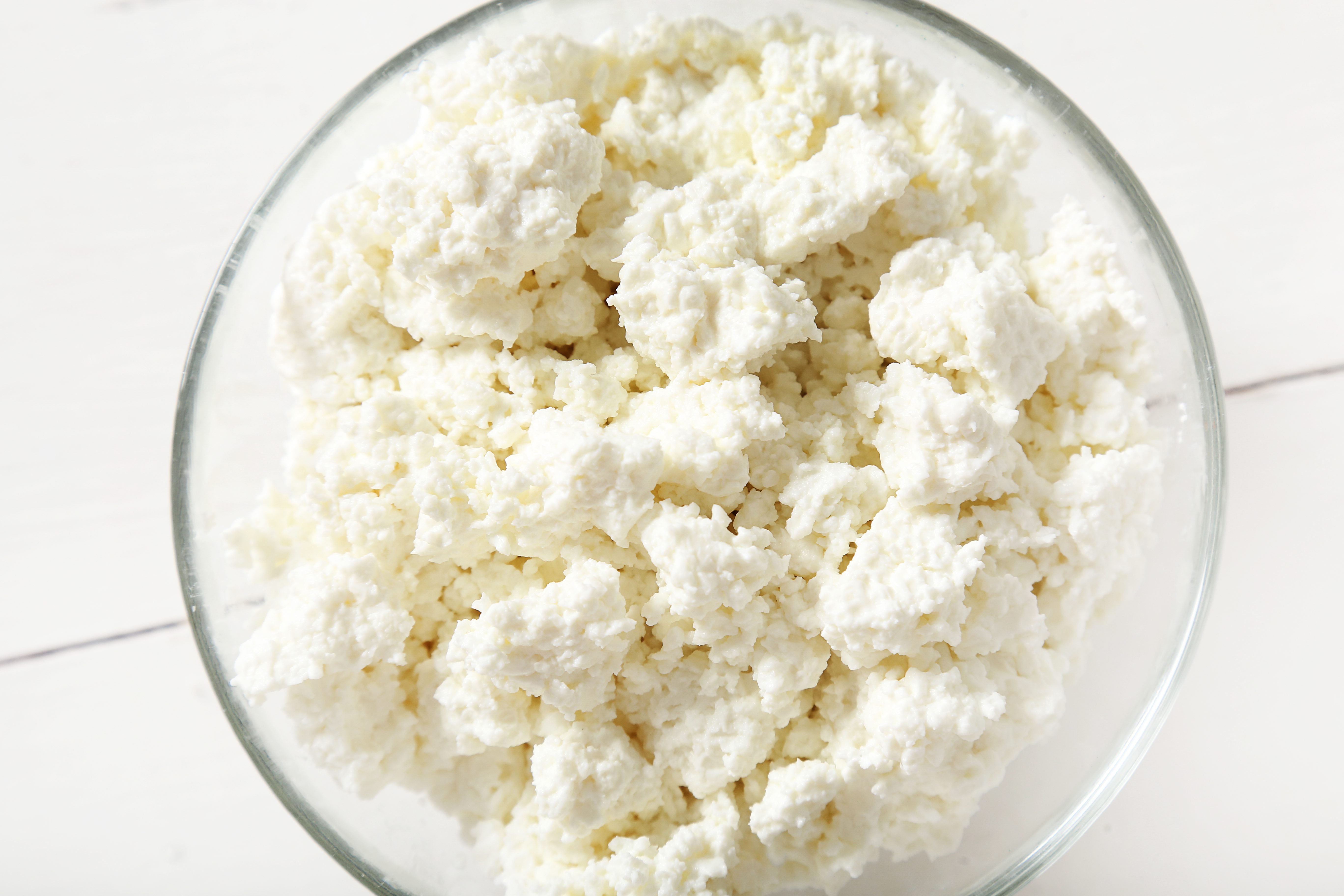Can You Freeze Ricotta Cheese?
Did you buy too much ricotta cheese or find yourself with leftover ricotta from a lasagna project? Wondering if you can freeze ricotta cheese? You’re in luck! In this guide, we’ll walk you through the steps of freezing and thawing ricotta cheese, ensuring it remains delicious for future culinary adventures. So, let’s dive in!
Can You Freeze Ricotta Cheese?
Can you freeze ricotta cheese? Absolutely, but there are some important considerations. Frozen ricotta may undergo a texture change, becoming grainier when defrosted due to the separation of water from the cheese curds. While the texture may change, the flavor remains intact. This means that frozen ricotta is best suited for cooked dishes like lasagna, stuffed shells, and ricotta pancakes. If you plan to use it in these recipes, go ahead and freeze it. However, if you need fresh ricotta for a specific dish, it’s better not to freeze it.

How Long Does It Last Refrigerated?
Unopened ricotta cheese can last beyond its “best used by” date on the package, but it’s advisable to use it by that date. Once opened, aim to consume it within 5 to 7 days to maintain its freshness.
How to Freeze Ricotta Cheese
Now, let’s get into the nitty-gritty of freezing ricotta cheese. If you have an unopened container, you can leave it as is and place it in a resealable freezer-safe plastic bag. However, for leftovers or smaller quantities, follow these steps:
- Prepare the Cheese: Give the ricotta a gentle stir, then divide it into smaller portions, like ½ cup servings. This is helpful to prevent the need for refreezing, which can compromise texture.
- Packaging: Place the portions in a sealed freezer-safe container, ensuring minimal air inside, or wrap them in plastic wrap and then insert them into a freezer-safe plastic bag.
- Label the Date: Use a permanent marker to indicate a “use by” date that is 2 months into the future. If using a plastic bag, partially seal it and remove air using a straw.
- Freeze: Put the ricotta in the freezer and store it for up to 2 months.
How to Defrost Ricotta Cheese
Defrosting ricotta cheese correctly is crucial to maintain its quality. Follow these steps:
- Refrigerator Thawing: Place the frozen ricotta cheese in the refrigerator for 24 to 36 hours. Avoid thawing at room temperature to prevent bacterial growth.
- Mix: After thawing, transfer the cheese to a bowl and stir it. It may have a slightly grainier consistency compared to its original texture. Use it within 2 days.
Better Ways to Use Ricotta Cheese
If you’re reluctant to freeze ricotta cheese and prefer using it right away, here are some delightful recipes to consider:
- Lemon Ricotta Pancakes
- Whipped Ricotta
- Lemon Ricotta Pasta
- Ricotta Pizza
These recipes are perfect for making the most of your ricotta cheese without the need to freeze it.
Ricotta Cheese Recipes
We’ve all been there—a recipe calls for a small amount of ricotta cheese, and you’re left with a container full of it. That’s when the question arises: Can you freeze ricotta cheese?
Yes, you can freeze ricotta cheese, although it won’t be exactly the same after thawing. Due to its high moisture content, the water in ricotta turns into ice crystals when frozen, altering its texture. However, the flavor remains relatively unchanged.
How to Freeze Ricotta Cheese
If you have leftover ricotta, follow these steps to freeze it properly:
- Stir It: Stir the ricotta to distribute the moisture evenly.
- Drain Excess Liquid: Place the cheese on a layer of paper towels to remove excess moisture.
- Wrap and Pack: Wrap the ricotta in plastic wrap or parchment paper, either as a whole or in individual portions using an ice cube tray. Then, transfer it to a freezer-safe bag or airtight container, ensuring minimal air inside.
- Label and Date: Don’t forget to label the container with the freezing date. Ricotta cheese can be stored in the freezer for up to two months.
How to Thaw Ricotta Cheese
Properly thawing ricotta cheese is essential to minimize texture changes. Here’s how to do it:
- Refrigerator Thawing: Remove the frozen ricotta from the freezer bag and place it in the refrigerator for about five to six hours. Avoid thawing at room temperature, as it can lead to bacterial growth.
- Stir It Up: Once fully thawed, transfer the ricotta to a bowl and stir it. The texture may be slightly different from fresh ricotta, but it’s perfectly fine for cooked dishes.
Conclusion
In summary, yes, you can freeze ricotta cheese, but it’s important to be mindful of the texture change it undergoes when frozen. Use previously frozen ricotta in cooked dishes like lasagna, stuffed shells, and pancakes for the best results. If you prefer fresh ricotta, it’s best to use it within its shelf life. With these tips, you can make the most of your ricotta cheese and enjoy its creamy goodness in a variety of recipes. Happy cooking!



